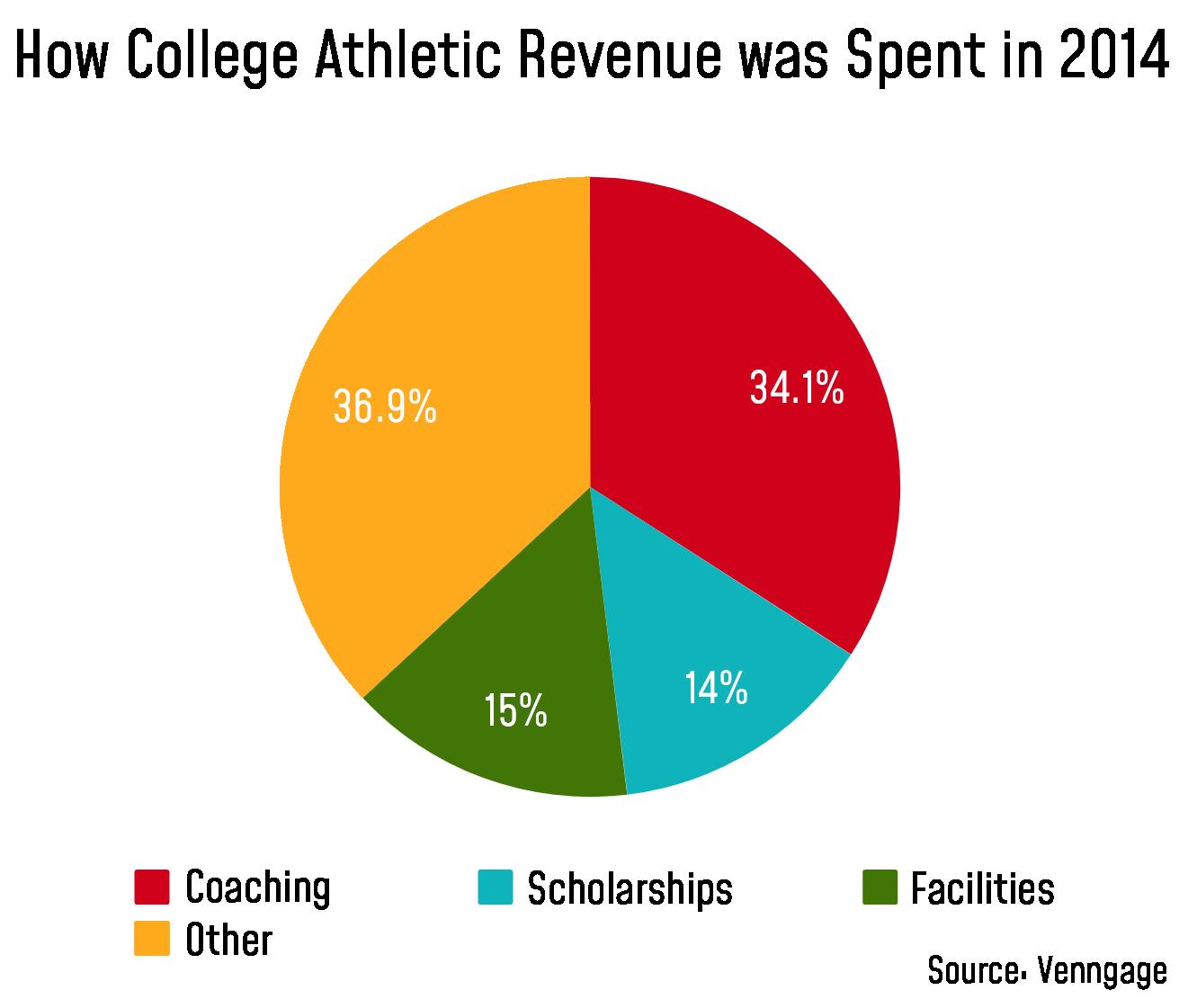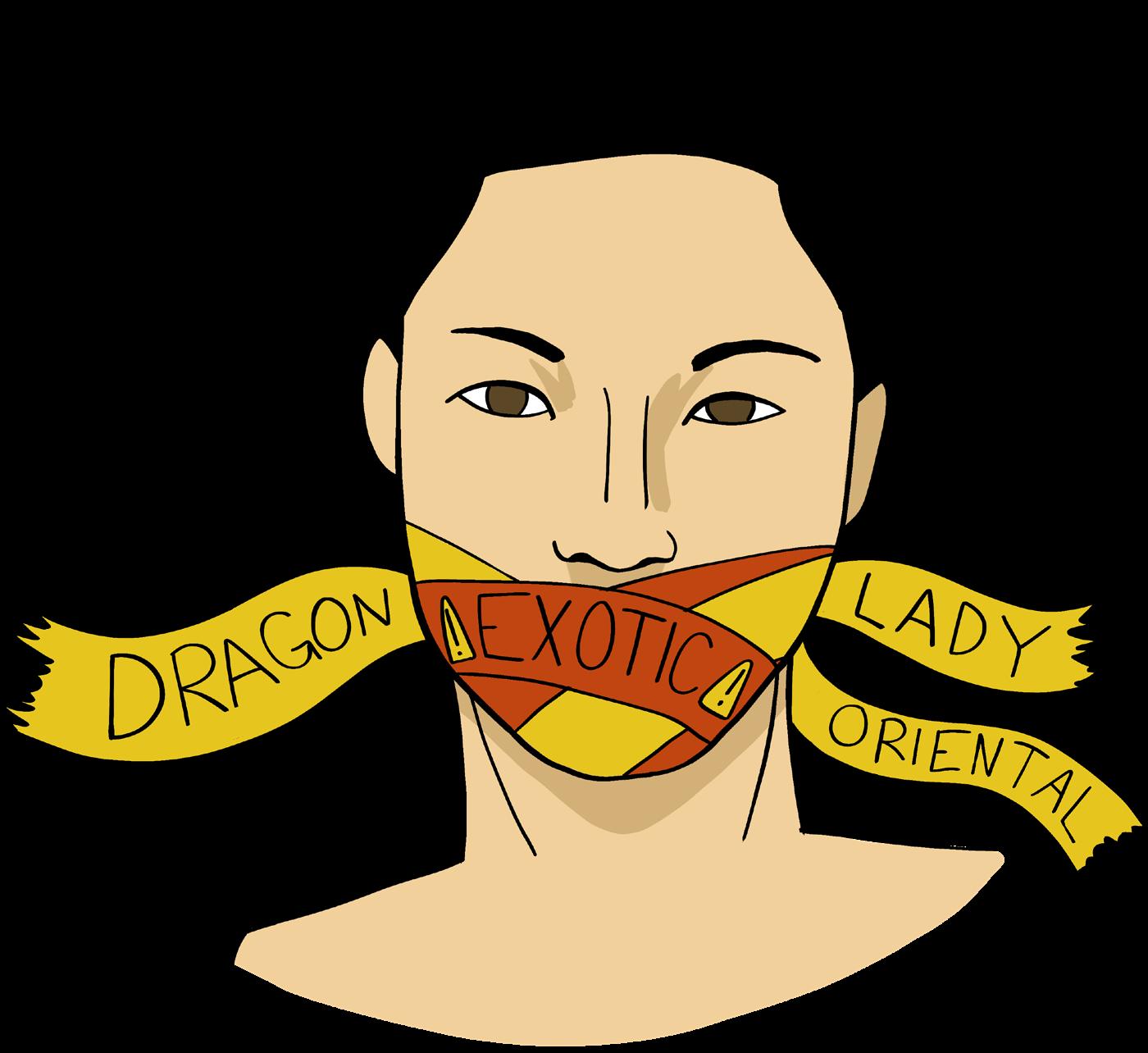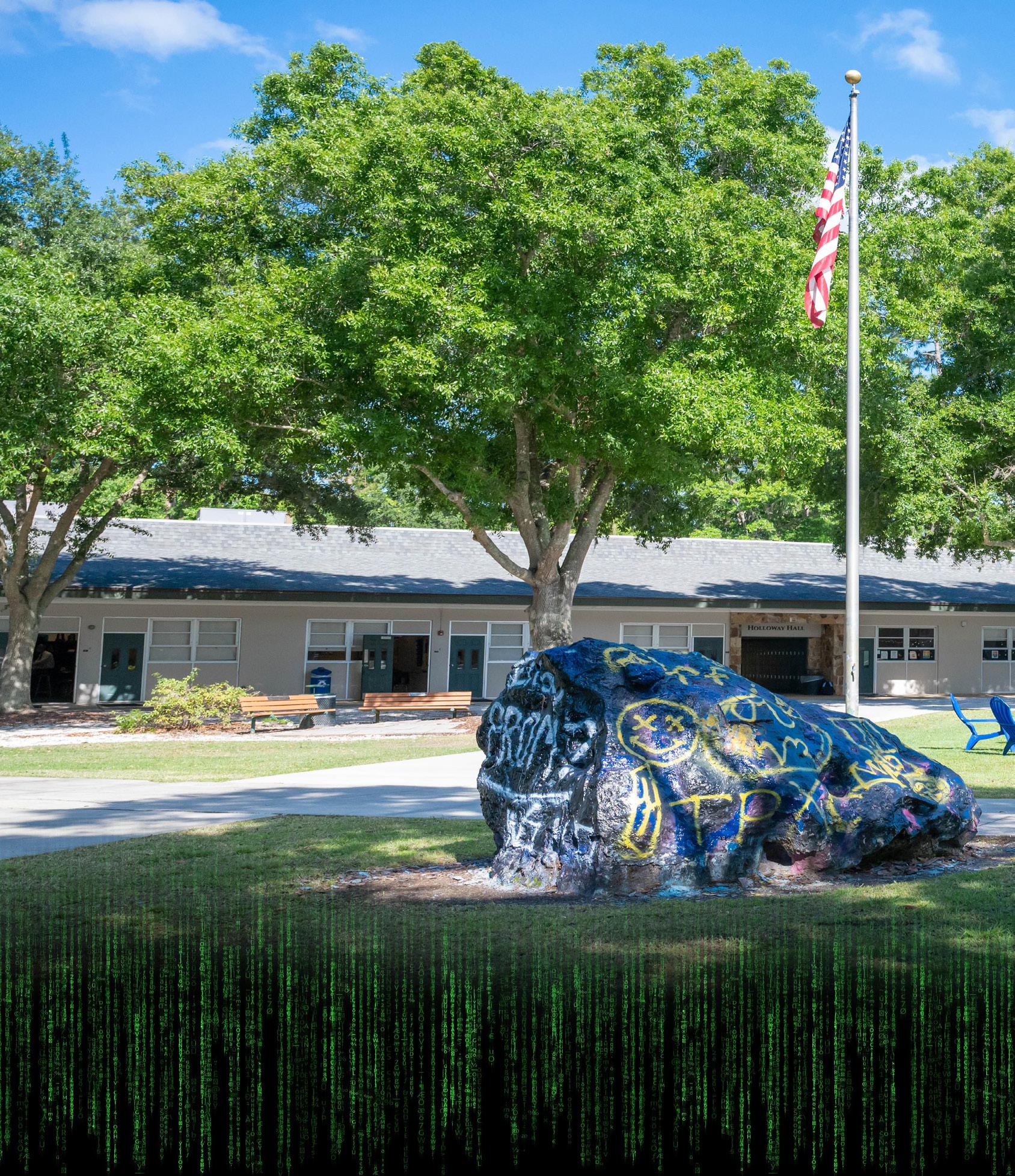May 2O21
News
UNCOVERING A LONG HISTORY OF RACISM Atlanta spa shootings draw attention to East Asian hate crimes Article by Evan Huang Infographic by Evan Huang There’s a Chinese proverb that says 一个可 以吞下侮辱的人是一个男人 or “One who can swallow an insult is a man.” In light of the East Asian hate crimes this past year, this phrase represents the silence and backlash that Asian Americans have taken. And the victims of these hate crimes are everywhere: a teacher at a school, a neighbor down the street, a highschool student, and even an 8-year-old boy who just started elementary school. Inny Kim, a long-term sub for social science, was standing in the checkout line at Costco when she remembered she had forgotten to buy some eggs. She dropped out of the line and ran toward the produce section when she heard someone call out, “run back to Asia while you’re at it.” Like Kim, another Asian American who asked to remain anonymous, was shopping at Walmart at the beginning of the pandemic last year when an old man stopped her. Rather than introduce himself, he started shouting racial slurs and eventually, coughed on her before walking away. These two experiences make up only a fraction of the number of hate crimes against Asian Americans this past year. And ever since the Atlanta spa shooting on March 16, Asian American racism is finally being discussed on a national level. A study done by Stop Asian American Pacific Islander Hate (AAPI) revealed that, despite an overall decline in the total number of hate crimes since the pandemic began, there has been a 150% increase in hate crimes against Asian Americans in 2019-2020 in major cities of the U.S. alone. But the target for the majority of these hate crimes is not random either. The study found that out of the 3,800 cases, 68% of these hate crimes were reported by women. “How come a lot of white people think [that] Asian women are [more] approachable and that they represent the temptation?” said the anonymous speaker who was verbally harassed in Walmart. “I think it’s the media that shapes Asian women into [a] weaker and a more approachable group.”
Women like Kim and the anonymous source believe that many people stereotype Asian women as docile and non-confrontational, thereby making them an easier target. But these hate crimes didn’t just start with the COVID-19 myth. A long history of discrimination against Asians in America has largely been undermined by the “model minority myth.” The stereotype that paints Asian-Amerian immigrants as the minorities who made it or achieved the American Dream is used as a defense mechanism that does not give Asian Americans the chance to fight back. Historical events like the Chinese Exclusion Act, where the United States barred immigration solely based on race and Roosevelt’s Executive Order 9066 that incarcerated people under suspicion as enemies to inland internment camps, where a mass majority were Japanese, are representative and similar to the racism towards Asians today. “There’s always been an acknowledgment of racial differences, and I don’t think it’s changed, the image that Asian Americans have [as] an outsider,” Kim said. But the victims of the COVID-19 Asian myth are not just those who have been subject to these hate crimes. It has affected every Asian American. Sophomore Tyler Principe who is part Vietnamese, has always taken pride in his Vietnamese culture. However, ever since the pandemic struck, he has been reluctant to reveal his Asian race as he would often hear racist jokes about COVID-19 and Asian Americans. “I’m not afraid of how people would judge
me,” Principe said, “but it’s the actions that could result from it that scare me.” And the hatred does not account for age either. Kim’s 8-year-old son is the only Asian boy in his class. Kids at his school would make fun of him for his appearance and crack jokes about the COVID-19 pandemic and Asians. “The other day he was looking in the mirror and said ‘Mom, I wish I had blue eyes’ and ‘Why do my eyes look like this?’” Kim said. “Seeing it through the eyes of my kids really breaks my heart ... [because] it’s a deeper struggle they have.” In hopes of combating these issues, President Joe Biden proposed allocating $49.5 million from the American Rescue plan to programs like AAPI. Additionally, the Department of Justice has created a whole agency initiative, whose responsibility it is to address and solve these hate crimes. This department plans to establish an interactive hate crime page monitored by the Federal Bureau of Investigation to help give the public accurate information. Kim and the anonymous speaker believe that the only solution is education. In her classroom, Kim brought foreign foods from Korea to share with her class. She said she was shocked to see the lack of knowledge her students had about Asian culture. “You’ve got to stand up for your culture and help educate people around you about the differences” Kim said. “You’ll see at the end of the day some similarities.”



















